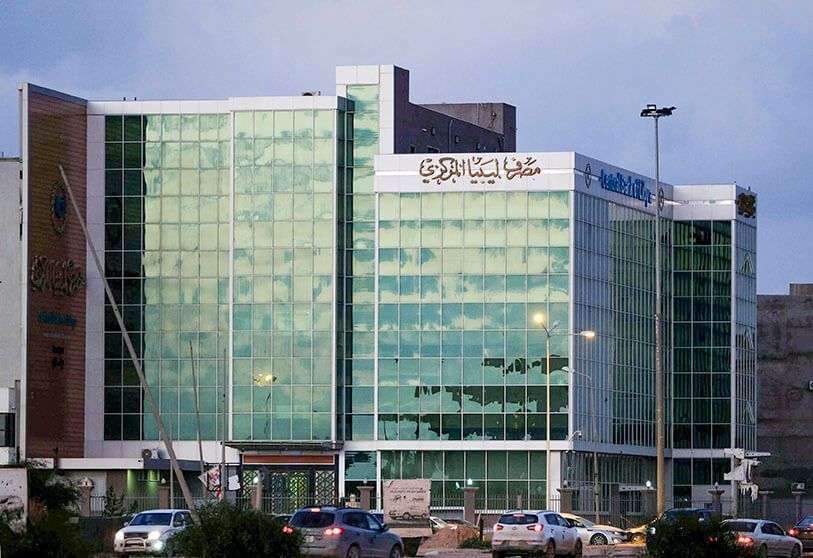Russia denies making fake money for Libya as the US claims

Russia has rejected accusations by Washington of having manufactured counterfeit currency for Libya this Saturday, according to the Europa Press agency. The United States has said that the 1.1 billion dollars in Libyan money intercepted in Malta was manufactured by the Russian state-owned company Goznak, although Moscow has justified that it is legitimate money for the government of the eastern North African country.
Moscow has stressed that in 2015 a contract was signed between Goznak and the president of the Central Bank of Libya and ratified by the country's parliament. The Libyan side made the necessary prepayment and after that the Russian organisation sent the cargo with Libyan banknotes to the Central Bank located in Tobruk. "These are not counterfeit Libyan dinars, what is not in line with reality are the American statements," the Russian Foreign Ministry has stressed. "The money mentioned is needed to provide the stable functioning of the entire Libyan economy," stressed Moscow.

Russia recalled that there are currently two central banks operating in Libya, one based in Tripoli under the orders of the UN-backed National Accord Government and the other in Benghazi, whose president was appointed by the democratically elected Libyan Parliament. This institutional duplicity has its origin in the 2014 parliamentary elections, which divided the administrations. The institutions based in the east, previously recognised by the international community, and the unity government, which emerged from an agreement in 2015, have managed to agree to unify since then.
The United States and other independent sources have indicated that Russia is sending planes and personnel to Libya to support Libya's so-called strongman, Marshal Khalifa Haftar. Russia seeks to regain the influence it lost in North Africa after the fall of Muammar Qaddafi. Russia has economic interests in Libya, a historical relationship with Tripoli and geopolitical objectives. Vladimir Putin is now trying to regain historical, political and military ties with the countries in the area, as a counterweight to the influence of Western countries and the new regional leader, Turkey. Although the Russian presence is not official, the mercenaries of the Wagner group have been used.
The president of Turkey, Recep Tayyip Erdogan, the main support of Fayez al Sarraj's government, has even indicated that, if Moscow continues with its intervention in Libya, it could become "a second Syria". Bloomberg documented last September that Russia had sent more than a hundred mercenaries to Libya to fight with Marshal Khalifa Haftar. Last month, The New York Times quoted military and diplomatic sources on the ground that put the figure at 200.
This is not the first time that Russian mercenaries have been placed in Libya. In 2018, the British newspaper The Sun published that dozens of agents of the GRU (Russian military intelligence) were posing as mercenaries of the Wagner group in the cities of Tobruk and Benghazi, in the east of the country under the control of Marshal Haftar's Libyan National Army. The Russian newspaper RBK claimed that Moscow had sent troops to the African country. The Kremlin has officially denied its involvement in the conflict.








